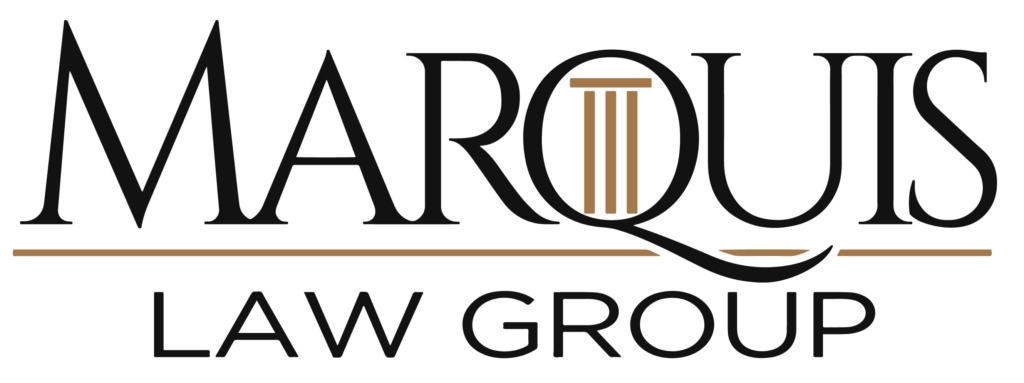When you’re charged with a crime, it stays on your record even if you’re found not guilty or the case is dropped. However, in some cases, you can get the charges hidden from the public view so potential employers, schools, and lenders can’t see them. Expungement is a way to clear your name and protect your reputation.
What Is Expungement?
Expungement in Virginia is the process of removing or “wiping” a court and/or police record. An expungement order directs the courts to delete your records and for the Virginia State Police to do the same for records of arrest. They are then removed from public view. Expungement can help you protect your public image when you’re charged but not convicted of a crime. It can be time-consuming, but it’s worth it for many citizens.
 What Are The Benefits of Getting a Charge Expunged?
What Are The Benefits of Getting a Charge Expunged?
Expungement is a way of protecting your privacy when you’re charged with a crime and proven innocent. A criminal charge on your record can hurt everything from housing opportunities to job applications to loan applications to college admissions. Being charged with a crime can lead lenders, businesses, and other decision-makers to view you negatively–even if you’re acquitted. Expungement is a way to clear your name when you’re not guilty.
When Can I Qualify for An Expungement?
To qualify, your case must be “otherwise dismissed.” This specific statutory language includes dismissals, nolle prosequi motions, accord and satisfaction dispositions, and some deferred findings. Under current Virginia law, you are ineligible for expungement if you were found guilty and convicted. Many expungements are for misdemeanor crimes. Getting one for a felony is more challenging, but it is possible, especially with a skilled attorney. Here are some of the circumstances under which you can qualify for expungement:
- You were charged with a crime and found not guilty – or the case was dismissed.
- Your case results in a nolle prosequi because the prosecutor decides not to pursue the case.
- You’re charged with contempt in civil court and found not guilty.
- You receive an absolute pardon from the governor of Virginia.
- You are the victim of identity theft and determined to be innocent of the charges resulting from that theft.
What Is The Process for Getting an Expungement?
Petitioning for expungement is a time-consuming process. You can do it with or without an attorney, but your chances of success are greater if you work with a skilled lawyer with experience navigating the system.
- First, you must file a petition for expungement in the circuit court where you were charged. You’ll need:
- A copy of the order for your acquittal or dismissal.
- A copy of the warrant or indictment for the initial charges.
- To pay a fee unless you were a victim of identity theft.
- Go to the Virginia State Police to get fingerprinted. The state police run a criminal records check on you in the commonwealth’s Central Criminal Records Exchange and send it to the court. This can take 4 to 6 weeks.
- After receiving the records check, the circuit court reviews your petition. The Commonwealth’s Attorney for that jurisdiction has 21 days to object to the petition.
- A judge sets a hearing date to determine whether you qualify for an expungement.
- If you qualify, the court will issue an order requiring expungement of police and court records.
If you have a misdemeanor charge and an otherwise clean record, there’s a strong chance you will qualify for expungement. However, with a felony or multiple charges on your record, an expungement may be more challenging. You must prove that it’s a “manifest injustice” for the acquittal to remain on your record. To prove manifest injustice, you and your attorney must show that the charges hurt your livelihood and ability to find housing or credit. Remember, if you accept a plea bargain and are convicted, you are likely not eligible for expungement. There are instances if which you may be able to expunge “what were you charged with” versus “what you were convicted of” provided they are not related, however, you absolutely want to talk to counsel about this avenue.
Can I Get An Expungement On My Own?
You can file the petition for expungement yourself. If it’s a misdemeanor and you have no other charges on your record, you may be able to complete the process on your own. However, hiring a lawyer can facilitate the process and give you a better shot at success.
- Your lawyer can review your record and confirm that you qualify–before you go through the petition process.
- Your lawyer understands the process and can help you decide whether it’s worthwhile to spend time and money pursuing an expungement.
- Your lawyer can help you complete the petition effectively.
- Your lawyer will present your case at your hearing. They will make the case that the charges against you have caused “manifest injustice.” Having a seasoned attorney by your side is especially helpful when a felony or multiple misdemeanor charges are involved.
Seeking an Expungement? Why The Right Lawyer Matters
The Laurel Brigade Law Group understands the importance of clearing your name when you’re innocent. We also know how challenging it can be to get an expungement–even when you’re not guilty. Our team of seasoned attorneys can help you navigate the process from filing the petition to arguing your case at your court hearing. When your reputation and livelihood are at stake, it pays to have an experienced advocate by your side.

